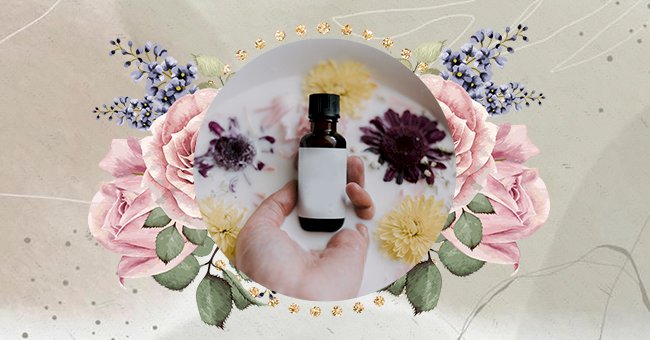
Unpacking Why Beauty Industry Experts Are Weary Of The Words 'Natural Skincare'
We mostly trust that when a product is labeled as 'natural ,' experts want you to know that it isn't necessarily better or true.
The word 'natural' is a buzzword in the skincare and beauty industry. But there no actual regulations or standards upon using the term for marketing purposes. A product mentioning "clean" or "natural" doesn't necessarily mean it contains plant-based or natural-derived ingredients.
Unfortunately, we're left in the dark and adrift. Some of the major companies (not to say most of them) don't follow a proper guideline to inform their customers of what comes in a given product -- there is no guideline for it.
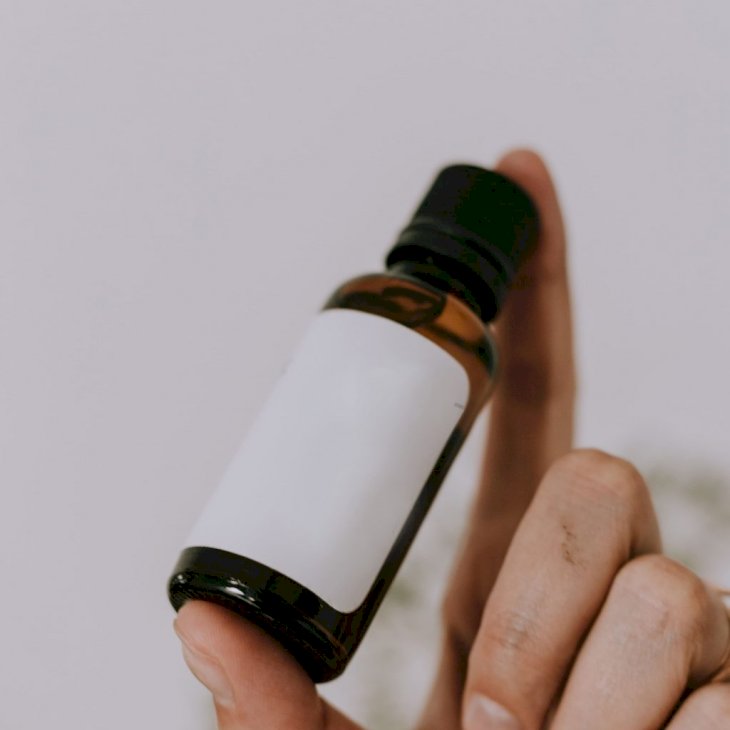
Photo by Priscilla Du Preez on Unsplash
Because there are no criteria enforced across the industry regarding using such words, a brand can basically use and create its own.
Fortunately, some independent organizations are taking a step further and developing standard organic and natural cosmetics guidelines -- Cosmos and Natural Product Association are the main ones.
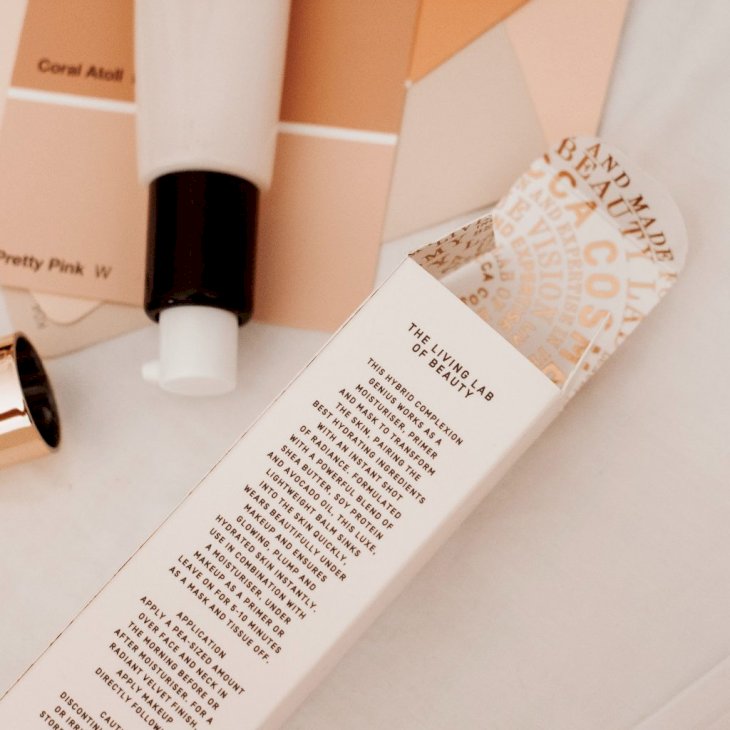
Photo by Jess @ Harper Sunday on Unsplash
They want to ensure that companies can meet the criteria and guarantee to customers that these companies' products are genuine organic or natural cosmetics.
Sephora created their own list, and labels approved products with the tag 'clean at Sephora.' This seal means formulated without parabens, sulfates, SLS and SLES, phthalates, mineral oils, and so on.
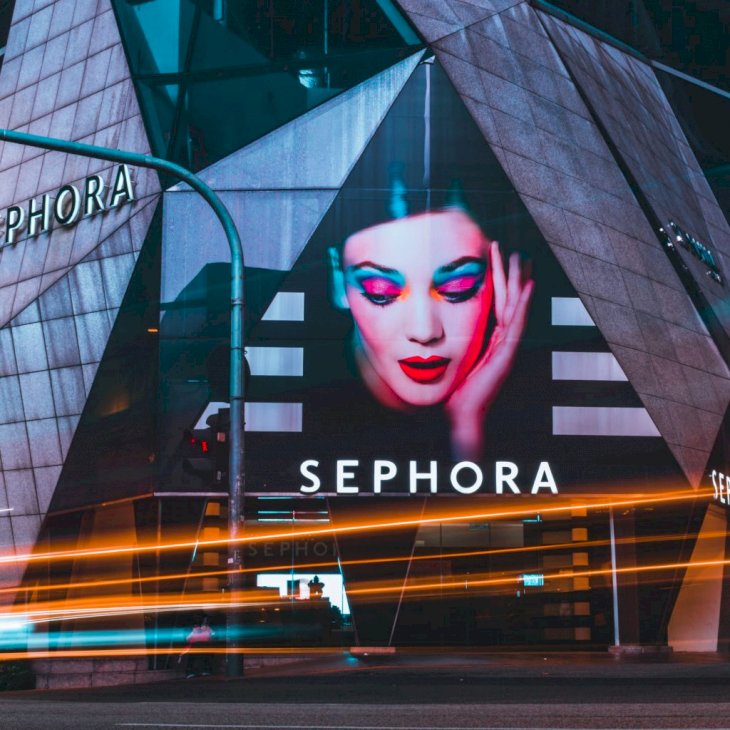
Photo by Deva Darshan on Unsplash
But the problem goes beyond the word 'natural.' Other words like 'sustainable' don't mean a product is 100% produced and manufactured as such.
For instance, when a product is labeled as plant-based and sustainable, is the ingredients list all plant-based or just a few of them?
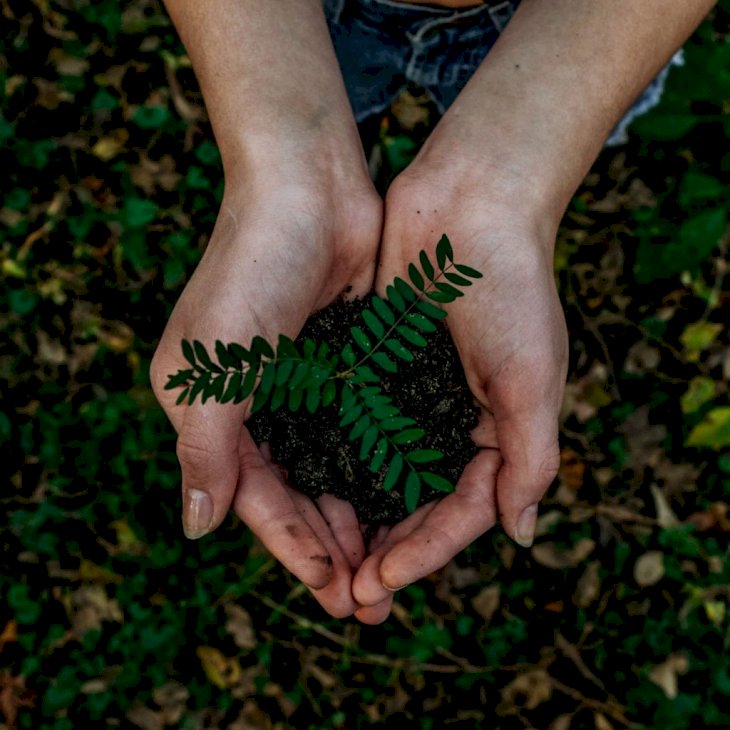
Photo by Noah Buscher on Unsplash
What about the supply chain and the processes concerning the manufacture of those products and ingredients? Is the company concerned about the implications of the resources and the environment?
What happens when we buy a product that says 'natural'? Or, why do we buy a 'natural' product, to begin with?
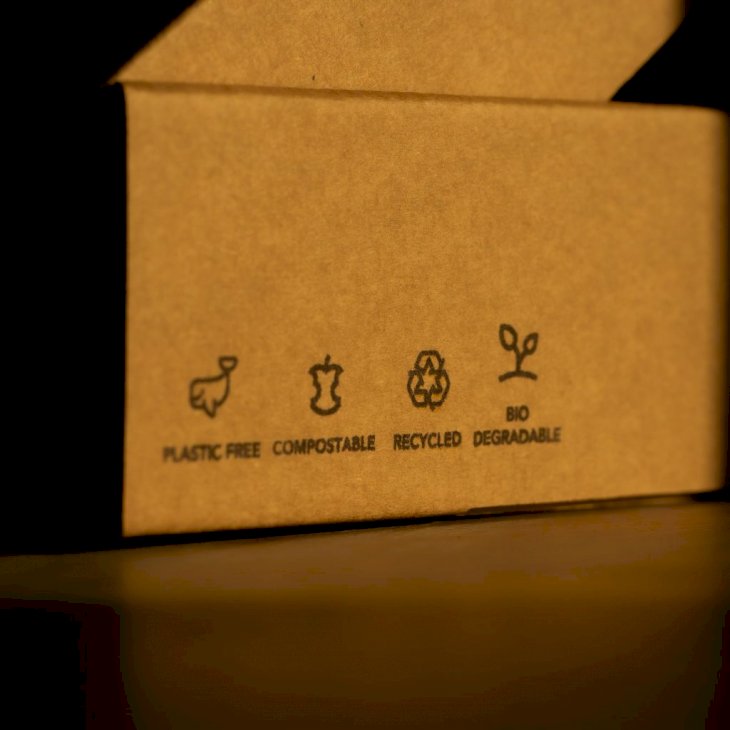
Photo by Marcell Viragh on Unsplash
According to the certified dermatologist and psychiatrist Evan Rieder, 'natural' is a cultural concept:
"'Natural' products also allow people to connect themselves with a perceived healthy lifestyle and worldview, as well as certain values that they find favorable. For example, harmony with the environment, a spiritual connection with nature, and altruism in their interactions with others."
Evan Rieder to Allure
So, before buying any product that says 'natural', make sure to do your research, check the ingredients list, check if the company is listed in one of the independent organizations we mentioned above.
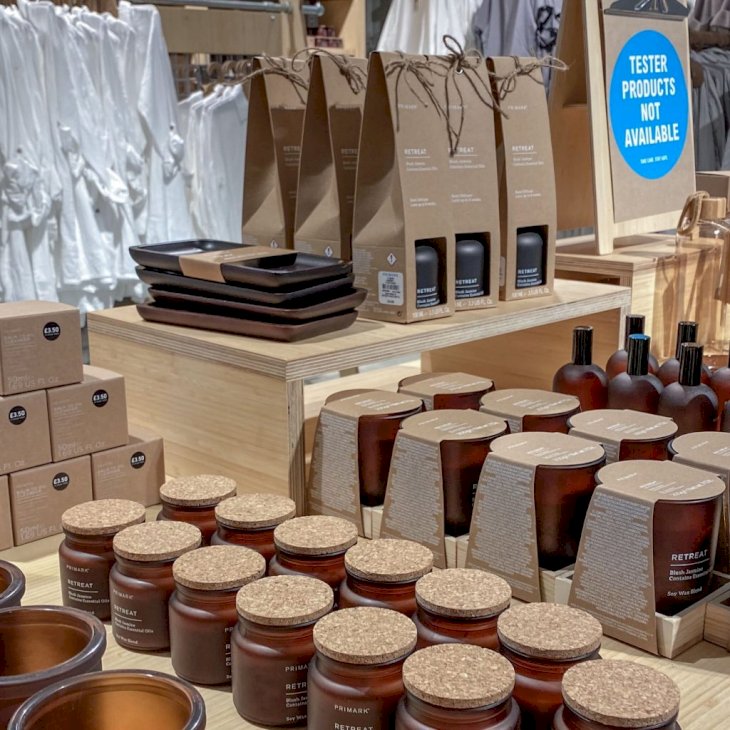
Photo by Jess Morgan on Unsplash
Since there's no public regulation of the word 'natural', we must do our homework as consumers and, unfortunately, not blindly trust what companies say on their labels.